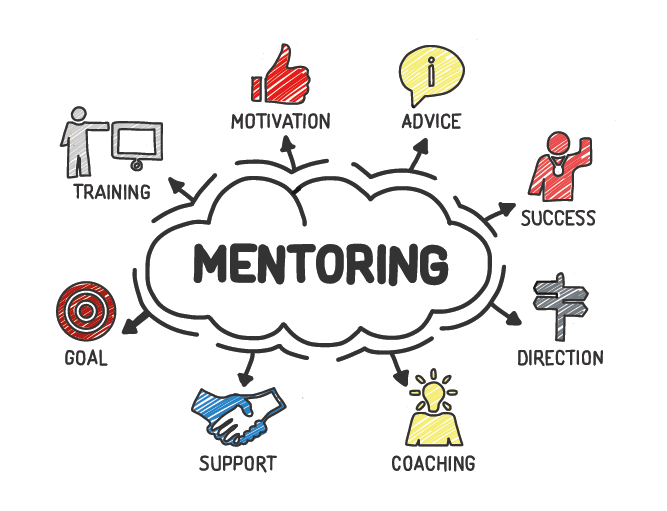Editors Canada launched the John Eerkes-Medrano Mentorship Program in the spring of 2017. For information about how you can become a mentor or a mentee, click here.

Let’s begin with three playful suppositions. First, the best kinds of editing involve learning. Second, the best editors have learned from mentors. Third, the best mentors keep on learning. These three suppositions I hold to be true.
The incomparably brilliant — and unfailingly generous — Rosemary Shipton, editor par excellence and founding academic coordinator of the Publishing Program at Ryerson University in Toronto, remains my most important publishing mentor. I cannot begin to describe how thrilling it was for me to learn from her how to work with words and with writers. And I’ve been fortunate to have several other strong, excellent women and men as mentors.
When I first learned about Editors Canada’s mentorship program, I knew it would be a meaningful volunteering opportunity, and one that would play nicely with my other commitments. I had previously mentored interns and junior colleagues, both in-house and informally as a freelancer, as well as helped those who occasionally contacted me through the Online Directory of Editors. But I wanted to do more. One final reason I knew this mentorship program was for me was my memory of the dearly missed John Eerkes-Medrano, who mentored so many with such gentle warmth, grace, humour and sharp editing acumen. I only met him in person once, but — until his sad, untimely death — his was an important and favourite voice on the Editors Canada listserv.
My mentorship with my superb mentee, Sarah Jefferies, could not have gone better. We began with an informal two-hour café meet-and-greet to get to know one another, during which I did my best to let her know my strengths and weaknesses. Sarah knew she was under no obligation to continue our two-month mentorship, but continue we did. One of the best things about the mentorship program is that it is mentee-directed. We began with a framework of topics that Sarah developed, covering four broad objectives: developing a freelance editing business, exploring next steps (education, networking, credentials), working through the resources on the Editors Canada website and examining self-care strategies for maintaining good mental health when working remotely. In near-weekly phone calls, usually lasting about an hour, we dived into the details of these topics. Unfailingly, Sarah sent a pre-meeting outline of questions and objectives, and she and I shared more notes following them, too.
Mentors learn every single time a mentee asks, “Why?” and “How?” When I couldn’t answer a question, I did my best to learn the answer. Every good editor I know is curious, and to me, editing and mentoring (of both promising new editors, like Sarah, and of our authors) go hand in hand.
The excellent Building Bridges conference in Saskatoon in May was the first I had managed to attend since 2008. Unfortunately, even lifelong learners sometimes get sidetracked by the commitments of work and life! I made it, though, and savoured every moment. (Choosing among all the tempting concurrent sessions was tortuous.) While there, I also spoke to many about my mentorship experience — how valuable Sarah found it and how enjoyable it was for me. If, as educator Charles Eliot surmised in 1910, “books are the quietest and most constant of friends . . . and the most patient of teachers,” then mentorships — equal parts mentee and mentor — must surely come in a close second.
Share your experience as a mentor or mentee below!
___
The Editors’ Weekly is the official blog of Editors Canada. Contact us.
